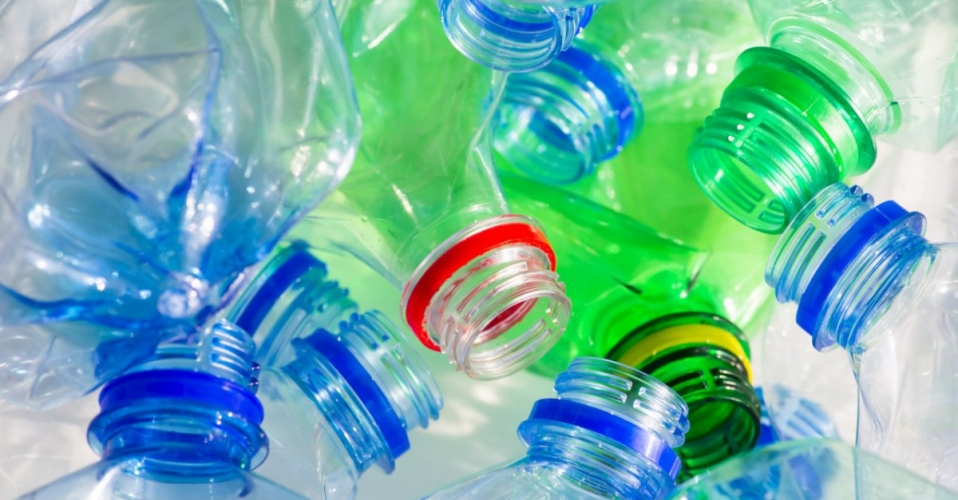Refuse Disposable Plastics
Disposable plastics are the main source of plastic pollution. Consumption of disposable plastics—bags, bottles, straws, utensils, polystyrene cups, film, food packaging and more, has created an increase in plastic pollution. These items are used for seconds, hours or days, but their remains last forever on land and in the ocean, contaminating the food chain.
A few things may cost a few more dollars initially. But the rewards of establishing a new precedent for how we shop, package, eat and consume have never mattered more.
In the past year America exported more than 40 percent of its discarded-plastic to China for recycling. In an attempt to cut down on millions of tons of plastic and other recyclables China receives each year, certain types of plastic may no longer be collected. As global markets continue to shift and restrictions increase on the types of plastic material that can be shipped abroad for recycling, the domestic industry and individual consumption will need to change. Individually, we can do our part to reduce our plastic consumption. There are plenty of small but impactful steps you can take every day to reduce plastic pollution. For additional everyday tips download our flier, 10 Ways to Reduce Plastic Pollution.
Did You Know
In Irvine you can visit select mailing and shipping stores to have packing material recycled and reused. Check with each store regarding items accepted.
Tips to Minimize Use of Plastics Shopping
- Use glass or stainless steel water bottles. One new bottle costs about $20 once—much less than a year’s worth of $1 bottles of water ($350/year).
- Reduce take‑out and fast food. Just one more meal prepared at home can make a difference. Take-out food is stored, prepared, and/or packaged in plastic.
- Buy more fresh fruits and vegetables. Reduce your food exposures from plastic packaging and plastic lining in cans.
Cooking and Serving
- Choose glass or ceramic for: Microwaving food, hot Drinks
- Avoid heating food in plastic.
- Skip the can. Cans usually contain a plastic lining. Choose loose dried beans, and soak them overnight or use a pressure cooker. Buying in bulk saves money too.
Food Storage
- Avoid putting hot food into plastic containers. If non-plastic containers have plastic lids, wait until food is room temperature before putting the lid on.
- Store food in bowls, pots, and jars of glass, ceramic, wood, or food‑grade stainless steel.
- Hand wash plastic containers—don’t put into dishwasher. Heat causes the chemicals in plastics to leach out of the containers.
- Purchase prepared soups, sauces, and condiments in glass containers instead of plastic. Glass jars are easy to clean and reuse for storing, serving, drinking, freezing, and heating foods.

